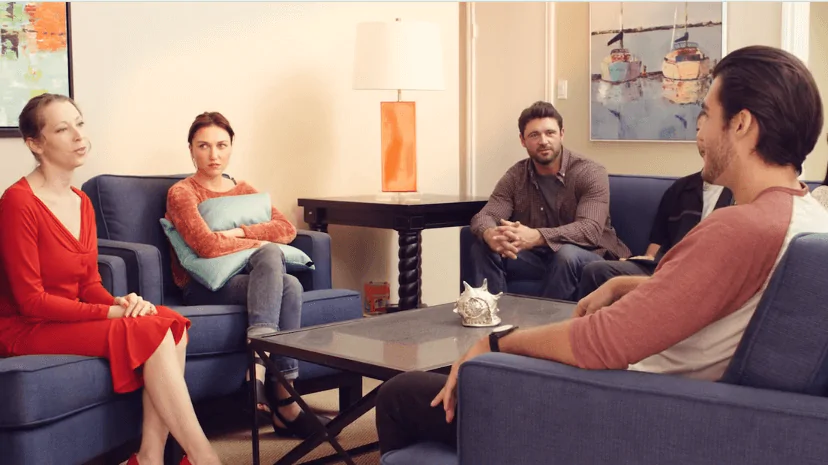24/7 Helpline:
(866) 899-221924/7 Helpline:
(866) 899-2219
Learn more about Aftercare Support centers in Calhoun County

Other Insurance Options

Premera

BlueShield

MVP Healthcare

EmblemHealth

Coventry Health Care

Providence

UnitedHealth Group

State Farm

Cigna

Amerigroup

Lucent

Evernorth

Health Partners

WellCare Health Plans

UMR

Horizon Healthcare Service

Magellan
Beacon

United Health Care

Aetna































